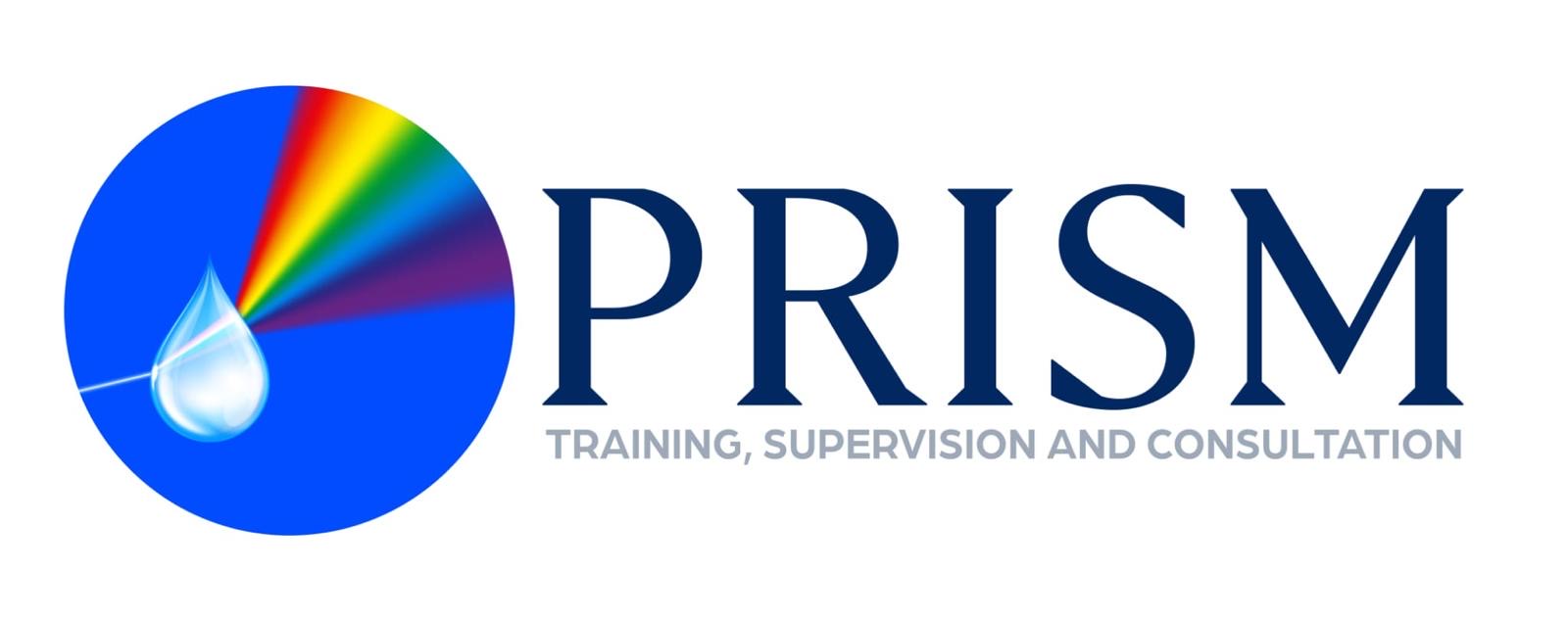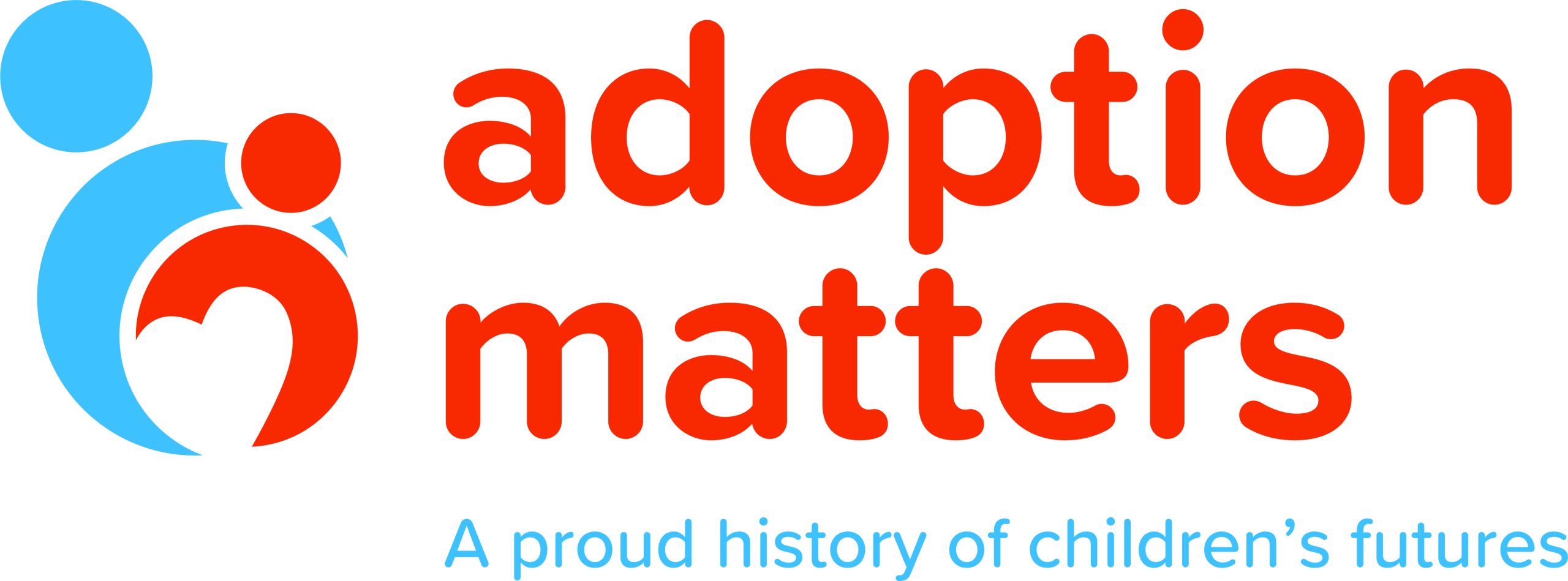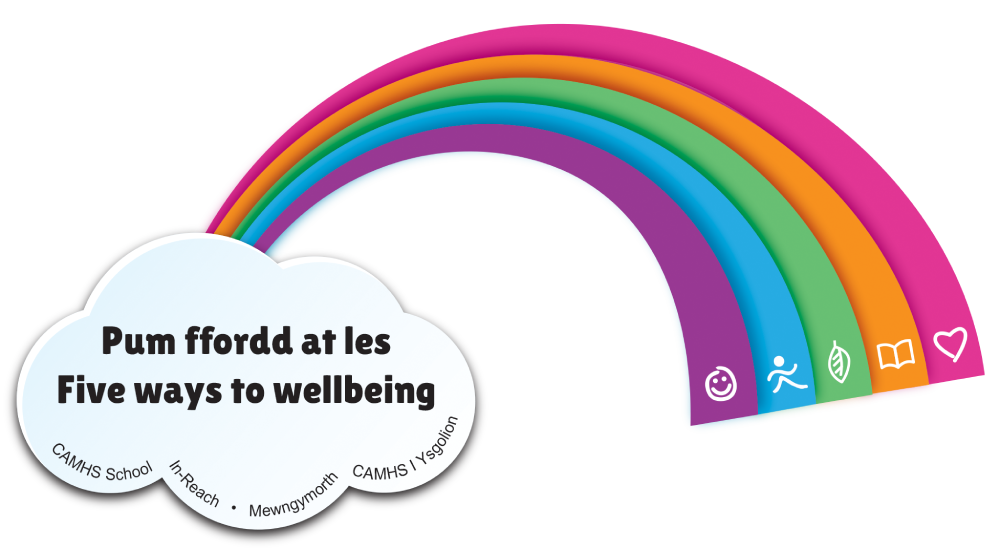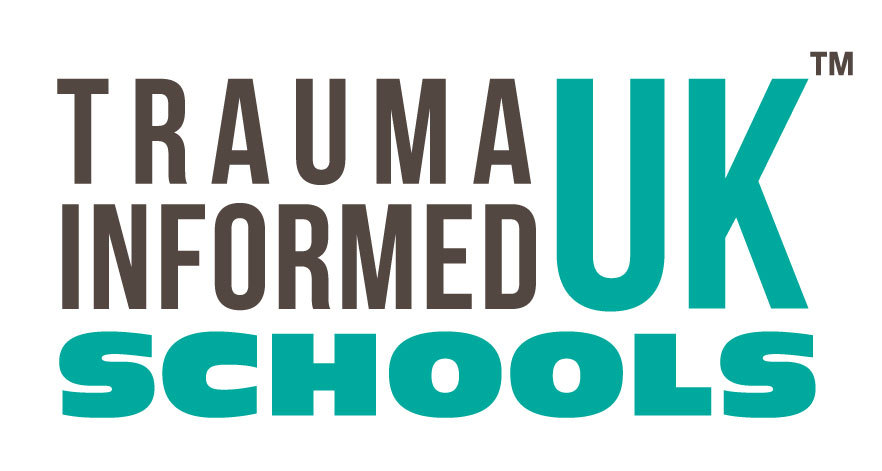Supervision


What is supervision and why is it important?
Working with children and young people, especially those who have had a difficult start in life or may have additional needs or mental health issues can feel really difficult. People can feel unsupported, poorly equipped and stressed about managing what are sometimes really complex and emotive difficulties for children and young people. Reflective and clinical supervision can help.
Reflective and clinical supervision is a learning process in which a supervisor (that would be us) offers a safe, contained space for you as the supervisee to reflect upon your practice and experiences with a particular individual, group or in your role more generally. It allows time and space to consider at an enhanced level the needs of the supervisee and the individual that they are working with. This includes, but is not limited to, exploring the emotional impact of the role, presenting behaviours of the individual or group, managing risk, strategies or interventions that may be helpful and next steps to support you or those you work with.
Supervision can be individual or in a group depending upon the needs of the supervisee and organisation.
Benefits for supervisees
Research and literature (and our extensive experience across decades) suggests that supervision plays a significant role in;
- Increased job satisfaction is experienced
- Development of practice and skills
- Increased sense of being supported and general wellbeing
- Supports in managing the emotional impact of working with complex individuals and families
- Lower levels of stress and burn out
- The development of skills and understanding
- Increasing confidence, competence and a sense of self-efficacy
- Supports supervisees in recognising their own strengths
Benefits for organisations
Research and literature suggest that supervision
- Improves staff retention
- Is associated with staff feeling valued and supported within their roles
- Improves job performance and satisfaction
- A service or organisation with enhanced skills or strategies
- Promotes a culture of learning within teams
- Helps children and young people
- Can contribute to improving outcomes
Who would benefit from our reflective supervision?
- Teachers
- Teaching Assistants
- Pastoral Support Teams
- Senior Leaderships Teams
- Support Workers
- Trauma Informed Schools Practitioners
- Youth Workers
- Social Workers
- Team Managers
- Personal Assistants
- Foster Carers
- Mental health professionals
- Team Leads
- Doctors, Nurses and other clinical staff
- Anyone who is interested in developing how they support those with emotional and mental health difficulties (including loss and separation)




Trauma Informed Schools UK Supervision
Reflective supervision is a learning process in which TIS Supervisor offers a safe, contained space for you as the TIS Practitioner to reflect upon your practice and experiences with a particular individual, group or in your role more generally. It allows time and space to consider in depth the needs of the practitioner and the individual that they are working with. This includes, but is not limited to, exploring the emotional impact of the role, presenting behaviours of the individual or group, strategies or interventions that may be helpful and next steps to support you or those you work with.
Supervision can be individual or in a group depending upon the needs of the supervisee and organisation.
In order to maintain your accreditation as a Trauma Informed Schools Practitioner, TISUK Diploma delegates are required to commit to a minimum of 3 supervision sessions per year with a TISUK approved supervisor. Chrissy is proud to be a TISUK Approved Supervisor.
TIS Supervision provided by Prism Training, Supervision and Consultation Ltd would also include
- Notes of key discussions and actions to the TIS Practitioner
- A contract with the employer that covers responsibilities, confidentiality and management of any difficulties
- Options to pay in advance or following each supervision session
- Opportunities to rearrange dates/ times for supervision if other commitments arise following the dates/ times being set
- Confirmation to TISUK as part of the supervision log









